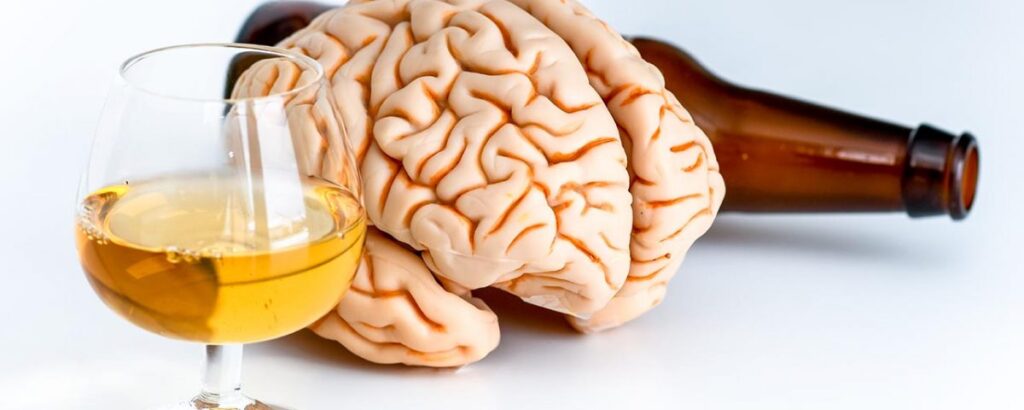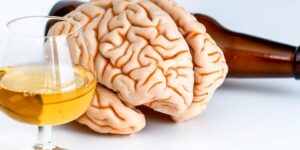
So, what is one to do? Some say that if you do not drink at all, there is no good reason to start. Heavy drinkers can benefit the most from drinking less. And others should consider how much risk they are willing to take, based on their individual risk for certain diseases. Ultimately, reducing the amount of alcohol ingested appears to be beneficial to brain aging.
Many people will be disappointed to learn that the risks of even moderate or light drinking may outweigh its benefits, according to new research. In addition, for some health risks, it is believed that there is no safe level of alcohol consumption.
A small amount of alcohol has been thought to lower risk for conditions such as heart disease and diabetes, and wine has been thought to lower levels of inflammation. However, since the results of studies that seek to prove these theories are mixed, researchers are now exploring possible reasons for the association between moderate drinking and better health. Moderate drinkers tend to have more education and wealth, and wealthier people have better access to health care, are less likely to smoke, exercise more, and tend to live longer. These factors could explain the lower risk for heart disease among moderate drinkers.
A 2018 study published in The Lancet found that no level of alcohol consumption improved health, and that a small amount raises the risk for diseases such as cancer. A 2017 study of 550 older adults over a 30-year period reported that the more alcohol that was drunk over time, the more brain mass was lost.
The Global Council on Brain Health reviewed existing research and concluded that even small amounts of alcohol may hurt the brain. More recent research suggests that you can drink safely in very small amounts, but the amount is much less than one might think. A standard drink contains about 14 grams of pure alcohol. This equates to 12 ounces of beer, 5 ounces of wine or 1.5 ounces of distilled spirits. Formerly, it was advised that men consume not more than two drinks per day, and women one. Currently, the suggested limits are just over a half-drink per day for women and just under three-quarters of a drink for men to avoid health risks. Older adults who exceed these limits put themselves at increased risk of losing years of their life to disease and disability.
A study using a dataset of more than 36,000 adults revealed that going from one to two drinks a day was associated with changes in the brain equivalent to aging two years. People who drink heavily experience changes in brain structure and volume that are associated with cognitive impairments. A study of data from the men and women participating in the 10,000-person Whitehall Study in Britain revealed that over a 30-year period, the amount of shrinkage in the hippocampus (brain area associated with memory and reasoning) was related to the amount people drank. Even moderate drinkers had three times the risk of hippocampal shrinkage as did nondrinkers.
So why does alcohol have increasingly negative effects on the brain as we age? Alexis Kuerbis, a professor in New York, has studied alcohol use in older adults. His research suggests that, starting around age 50, you can’t process alcohol as well as when you were younger. Older bodies they tend to have less muscle and more fat, and since fat holds less water than muscle, alcohol consumed does not get diluted as much, resulting in a higher blood-alcohol content. Aging also means that the stomach and liver produce less of the alcohol-digesting enzyme called ADH, which also leads to a higher blood-alcohol content, especially for women. And the ability to notice the effects of alcohol diminish after age 50, causing errors in gauging sobriety. Older adults are less able to perceive when their reflexes or balance have been diminished, so may drink more without realizing the potentially harmful results, such as impaired driving or falls.
The brain begins to shrink starting in middle age, but volume loss is greater in older adults who drink too much. Some medical conditions are worsened by alcohol, including diabetes, high blood pressure, stroke risk, liver disease, and oral cancers. Alcohol causes fragmented sleep, and restorative sleep is extremely important for brain health.

